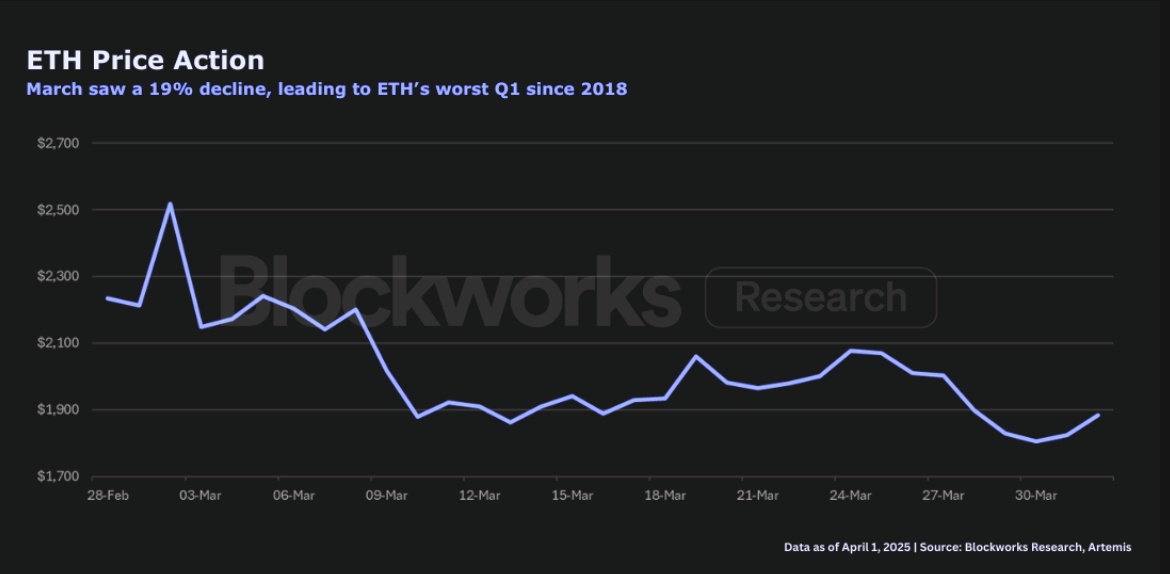US, South Korea, Japan to Combat North Korea’s Cyber Crimes
- The US, South Korea, and Japan are intensifying their efforts to address North Korea’s growing threat to the region.
- The joint initiative aims to counter North Korea’s cyber threats, targeting areas such as crypto money laundering.
- Officials shared that North Korea uses crypto to fund its nuclear and missile programs.
North Korea has persistently posed a threat to East Asia, leveraging its ballistic missile tests and nuclear programs. The advent of cryptocurrencies has added a new dimension to this challenge , empowering state-backed hackers to escalate cybercrime and fund their regime.
In a united front, the United States, South Korea, and Japan have collaboratively stepped up their efforts to counter North Korea’s growing threat to the region.
A United Front Against North Korea
On Saturday, December 9, top national security officials from the US, South Korea, and Japan met in Seoul as North Korea warned that it would deploy more satellites. Against this backdrop, the three nations have committed to intensifying their security cooperation to collectively address North Korea’s cyber activities .
In the meeting, the officials pushed to establish a new trilateral initiative aimed at countering North Korea’s cyber threats , specifically targeting areas such as crypto money laundering and cybercrime . The joint declaration was made by Jake Sullivan from the US, Takeo Akiba from Japan, and South Korea’s Cho Tae-yong following their meeting in Seoul.
Highlighting the urgency, Japan’s security advisor, Takeo Akiba, emphasized that North Korea’s “illicit cyber activities” pose a significant challenge, serving as a source of funds for the isolated state’s nuclear missile development.
Despite historical tensions between Japan and South Korea, the two nations, along with their shared American ally, are uniting to strengthen security cooperation and coordination in the face of regional threats.
Persistent Threats From North Korea
The crypto industry has faced persistent threats from hacks and scams, with a significant portion attributed to North Korea . Recent revelations shed light on the extensive impact of North Korea’s state-backed hackers, who, over a span of six years, orchestrated crypto thefts amounting to $3 billion .
The funds amassed through these extensive cryptocurrency thefts are believed to significantly bolster the isolated state’s regime, particularly its military and weapons programs. Several reports draw attention to a potential correlation between the surge in cryptocurrency theft and the rise in missile launches in recent years, implying a direct link between the two.
On the Flipside
- The US Federal Bureau of Investigation (FBI) recently announced that it had linked part of stolen crypto funds worth over $40 million to North Korean hackers.
- Tether recently pushed a new wallet-freezing policy targeting 41 sanctioned wallets, one of which was linked to the North Korean hacking group Lazarus.
Why This Matters
The tripartite commitment by the US, South Korea, and Japan to enhance security cooperation signals a proactive approach to safeguarding the integrity and security of the digital financial ecosystem. As crypto assets become a target for illicit activities, international collaboration is crucial in developing robust frameworks and strategies to combat cyber threats, protecting investors, businesses, and the overall stability of the crypto space.
Here’s what you need to know about Tether’s new policy:
Tether’s New Wallet-Freezing Policy: What Holders Need to Know Read more about Cardano’s historic run:
Cardano Out Rallies Top 10 Crypto Picks, Shoots Above $0.5
Disclaimer: The content of this article solely reflects the author's opinion and does not represent the platform in any capacity. This article is not intended to serve as a reference for making investment decisions.
You may also like
Honda prepares to send its hydrogen tech to space
Share link:In this post: Honda is working with Sierra Space and Tec-Masters, two space technology companies, to try their high-differential pressure water electrolysis system. Honda aims for hydrogen to help it get all of its cars off carbon by 2040. Honda says it will work with NASA to get the equipment to the ISS on Sierra Space’s Dream Chaser space plane.
ETH just had lowest quarterly return since Q2 2022: Blockworks Research
The network is at a “pivotal juncture,” Blockworks Research’s Marc-Thomas Arjoon said

Riot Platforms Hits Post-Halving Bitcoin Production High as It Expands AI Capacity
Solana Price Pattern Points to a 65% Surge as Key Metric Beats Ethereum by Far
